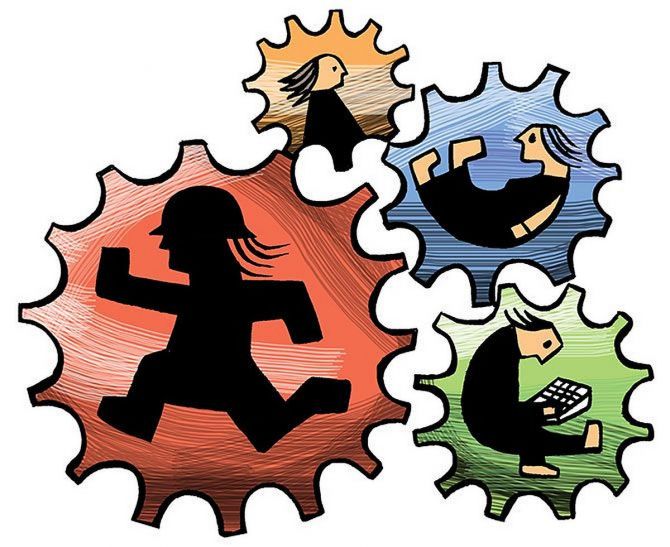Gig workers in e-commerce firms are yet to find satisfactory channels to voice their concerns as none of the 12 major e-commerce platforms have recognised any collective body of workers, Fairwork India said in its latest report released on Monday.

“It is disconcerting that despite the rise in platform worker collectivisation across the country, over the past four years, there was insufficient evidence from any platform that showed a willingness to recognise a collective body of workers,” the report notes.
The project by Fairwork India, in collaboration with Oxford Internet Institute and WZB Berlin Social Science Centre, surveyed 963 consumers and studied the practices of 12 major e- commerce platforms.
These include Amazon Flex, BigBasket, BluSmart, Dunzo, Flipkart, Ola, Porter, Swiggy, Uber, Urban Company, Zepto and Zomato.
The survey gauged the awareness and perception of the working conditions of platform workers in 12 major cities.
The survey used five principles that digital labour platforms must ensure to be considered as offering ‘fair work’.
These parameters are — fair pay, fair conditions, fair contracts, fair management and fair representation.
On fair representation, the report said the platforms should provide a documented process through which a worker’s voice can be expressed, irrespective of his employment classification.
It added that workers should have the right to organise in collective bodies, and platforms should be prepared to cooperate and negotiate with them.
“Consequently, no platform could be awarded a point for this principle this year,” the report noted.
The report also notes the passage of the Rajasthan Platform-based Gig Workers Act, 2023, and hails it as a ‘turning point’ in providing social security to platform workers.
“The passage of this Act in Rajasthan also suggests that after years of organising their rights and entitlements, and raising claims with the state, platform workers are now recognised as a political constituency,” the report added.









